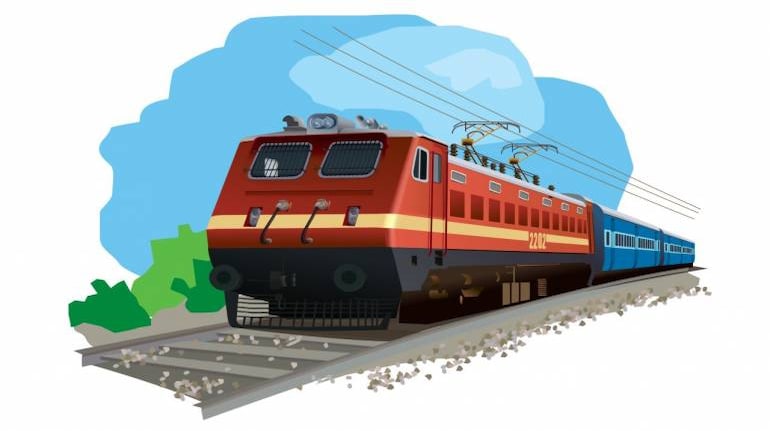



The Indian Railways has issued a letter to the Indian Railway Catering and Tourism Corp Ltd (IRCTC), withdrawing its decision to share revenue of IRCTC's convenience fee, the company said in a regulatory filing.
The Railway Board and top officials from the IRCTC were scheduled to meet on October 29 at 4 pm to discuss the withdrawal of the revenue sharing model for IRCTC's convenience fee, top officials from the company told Moneycontrol.
The update comes after Tuhin Kanta Pandey, Secretary at the Department of Investment and Public Asset Management (DIPAM). He said that the government would withdraw its decision to share revenues from the convenience IRCTC earns on tickets booked through its online portal.
"We have not received any communication from the government on the withdrawal of the revenue sharing agreement yet, but there is a meeting with the Railway Board today," a top official from IRCTC told Moneycontrol.
Earlier in the day, shares of IRCTC plunged as much as 29 percent to hit an intraday low of Rs 650.10 on the Bombay Stock Exchange (BSE) after the company informed exchanges that the Ministry of Railways had asked it to share half of all the convenience fee revenue it earned.
Pandey told Moneycontrol that the decision to scrap the revenue-sharing agreement would be shared with IRCTC soon.
Also read: Govt diktat on IRCTC -- penny wise, pound foolishOn October 28, the Indian Railways reintroduced its revenue-sharing agreement with the IRCTC under which IRCTC was to share revenues acquired from convenience fees for bookings made on its platform in a 50:50 ratio with the Ministry of Railways, the company said in a regulatory filing.
The revenue-sharing arrangement was to be enforced from November 1.
The reintroduction of the revenue sharing model for convenience fees was in line with the agreement the ministry had with the IRCTC till 2016.
However, in 2016 the Ministry of Railways had scrapped convenience fees on online payments in order to promote customers to book tickets online through IRCTC's portal.
In 2014, IRCTC started sharing revenue from convenience fees with the government in an 80:20 ratio, which was changed to 50:50 in 2015 after the fee was doubled.
Also read: IRCTC – The super-fast train suddenly jumps the rails
From September 1, 2019, IRCTC had reintroduced the service charge on online booking with no revenue sharing with the Railways Ministry— at the rates of Rs 15 for non-AC and Rs 30 for AC ticket (Rs 10 and Rs 20 for non-AC and AC classes if payments made through UPI/BHIM).
"There was always a plan to reintroduce the revenue sharing model with the Railways Ministry, however, due to the outbreak of the COVID-19 pandemic and booking falling, the plans were delayed," a top official from IRCTC told Moneycontrol.
According to Dalal & Broacha Research, the revenue sharing model of IRCTC with the Ministry of Railways would have had a Rs 138.5 crore impact on the revenues of IRCTC in 2021-22 and a Rs 495.7 crore impact of the company's topline in 2022-23.
Discover the latest Business News, Sensex, and Nifty updates. Obtain Personal Finance insights, tax queries, and expert opinions on Moneycontrol or download the Moneycontrol App to stay updated!
Find the best of Al News in one place, specially curated for you every weekend.
Stay on top of the latest tech trends and biggest startup news.